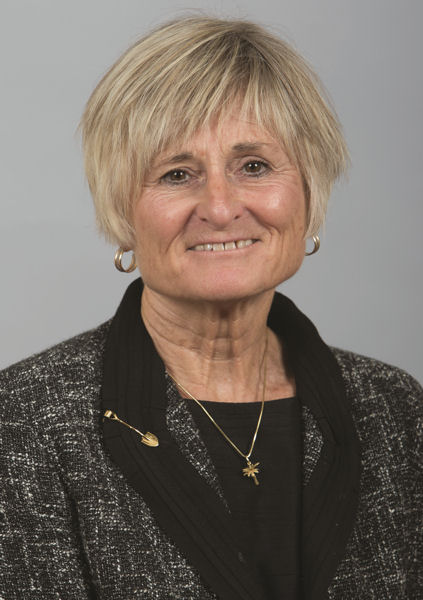Several years ago, I had the opportunity to travel the country and engage groups of utility managers in a discussion of pressing issues. More than 100 of these professionals from around the United States participated in “views from the lunchroom” discussions. Despite differences in utility size or location, I saw a remarkable consistency in what keeps managers up at night, and it is not the technical problems of managing water resource recovery facilities. The issues that arose again and again revolved around similar questions:
- How to find funding for capital programs?
- How to attract a motivated workforce?
- How to get public support from stakeholders for the mission?
- How to work with regulators and environmental interest groups to allocate resources wisely?
These issues — how to lead effective and sustainable water utilities — were discussed at the Water Environment Federation (WEF; Alexandria, Va.)/American Water Works Association (Denver) Utility Management Conference (UMC), held during February in Savannah, Ga.
Just before heading to Savannah to attend UMC, I read a column by Tom Friedman published in The New York Times about the hiring practices at Google (Mountain View, Calif.). Google, certainly not an insignificant company, rode the technology and innovation wave to blockbuster success. Despite thriving on a technology medium, Laszlo Bock, Google’s vice president for people operations, says that the company looks for five things when hiring:
- General cognitive ability — allowing individuals to learn and process information on-the-fly as market conditions and the environment changes.
- Emergent leadership — where individuals are able to step forward or back at the right time and relinquish power to other team members when the situation demands it.
- Ownership — being passionate about and fiercely defending the ideas you own.
- Intellectual humility — to see and accept new facts and others’ ideas when presented.
- Expertise — the least important attribute to Google because non-experts not only occasionally make mistakes but also come up with something totally new because they are not expecting to see and do the usual tasks, according to Friedman’s column.
The article described Google’s approach as caring about the “soft skills” of leadership, humility, collaboration, adaptability, and a love of learning and relearning.
One of WEF’s three critical objectives is enriching the experience of the global water professional. The organization provides many opportunities to sharpen the technical expertise of its professionals, from new collection system condition assessments to nutrient recovery technologies. WEF also provides opportunities for utility managers to hear and discuss soft skills that the industry needs to practice to face and overcome challenges.
The WEF Utility Management Committee was instrumental in organizing the Utility Management Conference, which featured sessions on employee development, finance and rates, succession planning, stakeholder communication, and several utility leader forums including one on “How to Get Internal Buy-In To Promote Progress.” UMC attendance exceeded expectations with more than 500 participants, a number which speaks to both the sector’s hunger for this type of information and WEF’s success on hitting its target for providing utility management information and resources.
The opportunity to share these stories will repeat itself at WEFTEC® 2014 in New Orleans with the Utility Leaders Forum. Again this year, the forum will feature a speaker from private industry to share best practices with participants.
The programs WEF offers indicate the holistic approach the organization takes to help members address and adapt to challenges, collaborate, become leaders, and learn necessary water sector information. These are the very things we need to do to ride our own waves of water-sector success.
— Sandra K. Ralston, WEF President 2013–2014









April 16, 2014
Featured